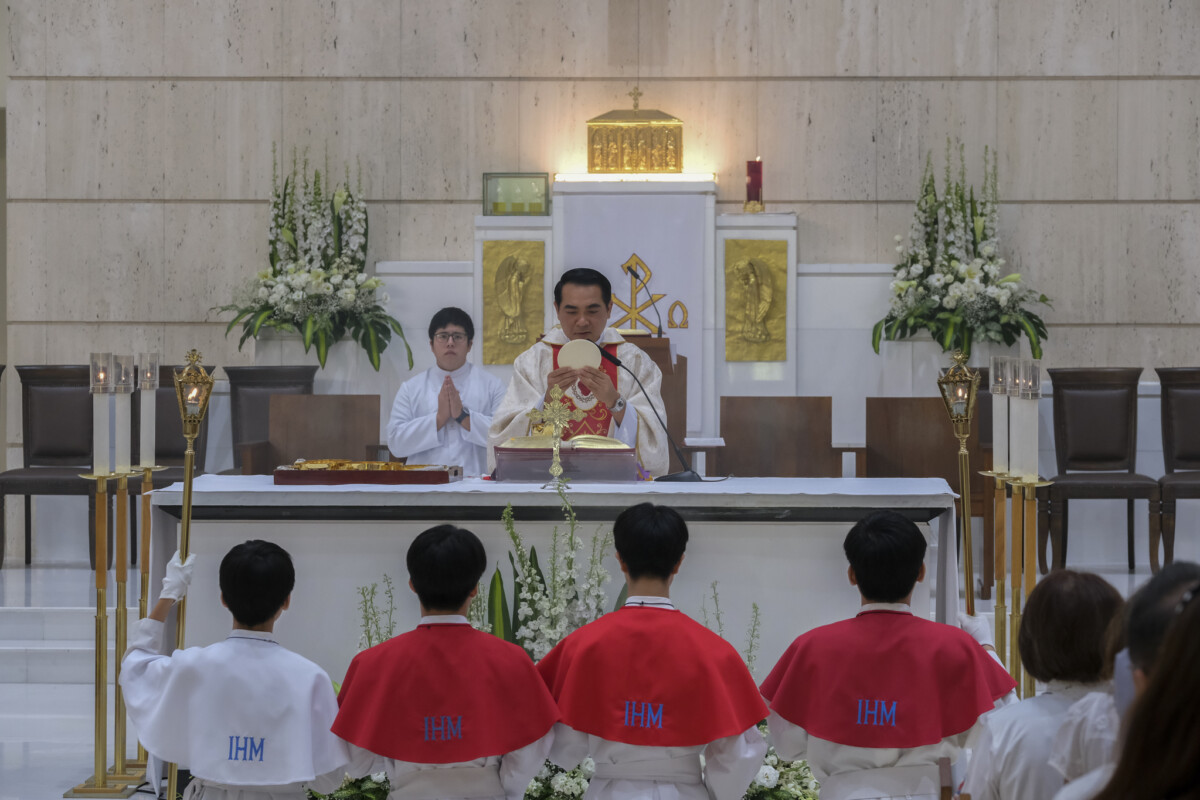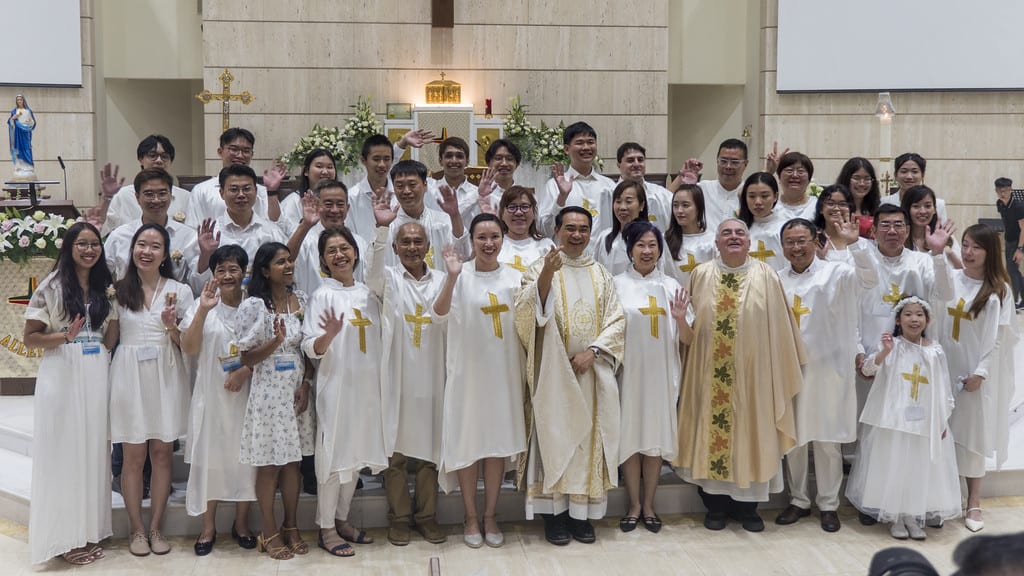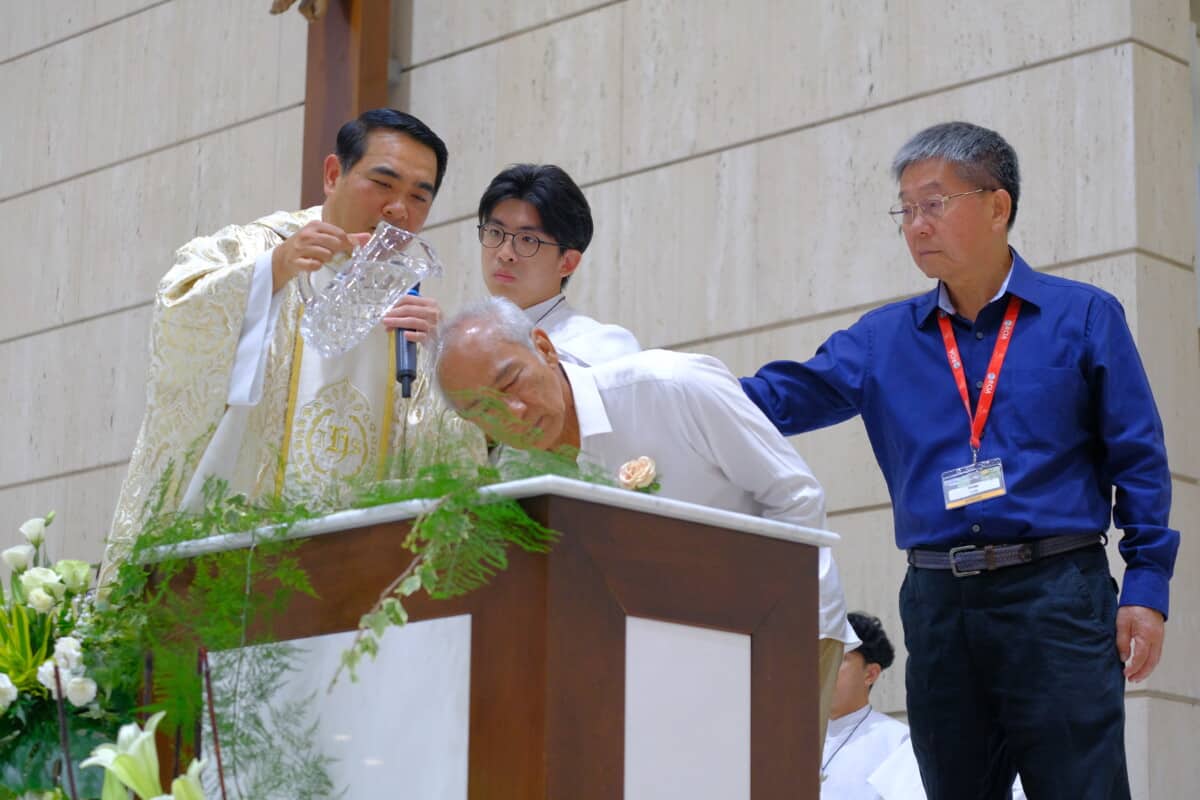Everything You Need to Know About RCIA: The Rite of Christian Initiation of Adults
Introduction
The Rite of Christian Initiation of Adults (RCIA) is a significant process within the Catholic Church that introduces adults and older children to the faith, prepares them for the reception of sacraments, and initiates them into the Catholic community. Whether you’re someone considering joining the Catholic Church or someone curious about this important rite, this blog post will provide you with a comprehensive understanding of RCIA.
1. What is RCIA?
At its core, RCIA is an educational and spiritual journey that guides individuals through the process of becoming full members of the Catholic Church. It was established after Vatican II as a way to reintroduce ancient baptismal practices and cater to adult converts rather than just infant baptisms.
The entire process typically lasts several months, starting with an inquiry phase and culminating in various liturgical rites leading up to full initiation at Easter Vigil. The key elements are catechesis (religious education), spiritual formation, liturgical experiences, and initiation into the sacraments.
2. Who is RCIA for?
RCIA is open to anyone who wants to become a fully initiated member of the Catholic Church and meet certain criteria:
Unbaptized individuals seeking baptism.
Baptized Christians from other denominations who wish to join the Catholic Church.
Baptized Catholics who have not received their First Holy Communion or Confirmation.
Regardless of your background or previous religious affiliation, RCIA provides an inclusive space for individuals seeking a deeper understanding of their faith or a formal commitment to Catholicism.
3. The Stages of RCIA
The RCIA process comprises four distinct stages:
Inquiry Period
During this initial stage, also known as pre-catechumenate, those interested in joining RCIA attend sessions where they can ask questions, discuss their faith journey, and learn more about Catholic teachings. This stage is informally focused on exploration and building relationships with those already in the Church.
Catechumenate
The catechumenate is a more formal period of preparation that lasts for several months. Catechumens (unbaptized individuals) and candidates (those already baptized) participate in regular classes or seminars to deepen their understanding of Catholic beliefs, practices, and traditions.
Purification & Enlightenment
This stage typically takes place during the season of Lent. It involves intense spiritual preparation through prayer, self-reflection, and examination of conscience. Candidates enter this stage seeking purification from sin and enlightenment through prayerful reflection on God’s Word.
Mystagogy
After receiving the sacraments of initiation (Baptism, Confirmation, Eucharist) at Easter Vigil, new Catholics enter the final stage known as mystagogy. During this period, new members reflect on their experience of initiation, deepen their understanding of the sacraments, and integrate into the larger Catholic community.
4. The Role of Sponsors
Sponsors play a vital role in guiding and supporting individuals throughout their RCIA journey. A sponsor is typically an active member of the Catholic Church who has a strong faith foundation themselves. They provide spiritual guidance, answer questions, share personal experiences, and accompany candidates during liturgical rites.
Sponsors are also responsible for helping candidates discern God’s will for their lives and encouraging them to actively participate in parish life after initiation. Their presence ensures that candidates have someone they can rely on as they navigate this transformative process.
5. Liturgical Rites within RCIA
Throughout the RCIA process, participants engage in various liturgical rites that mark significant milestones along their journey:
Rite of Acceptance
During this rite celebrated by the parish community, catechumens express their desire to become Catholic and are formally welcomed into the order of catechumens.
Rite of Election
Typically held on the first Sunday of Lent, this rite involves the bishop calling forth those who are ready for full initiation and welcoming them as the “elect” in a solemn liturgical celebration.
Celebration of the Sacraments
The pinnacle of RCIA occurs at Easter Vigil when candidates receive Baptism (if necessary), Confirmation, and Holy Eucharist. This joyful celebration marks their full initiation into the Catholic Church.
6. The Fruits of RCIA
RCIA is not just a process; it’s an opportunity for personal growth, spiritual transformation, and deeper relationship with God. Some key fruits individuals may experience throughout their RCIA journey include:
Knowledge and understanding of Catholic teachings.
A sense of community and belonging within a parish.
Development of a personal relationship with Jesus Christ.
Formation in Christian virtues such as love, forgiveness, and compassion.
A stronger prayer life and engagement with Scripture.
7. RCIA Challenges & Support
While RCIA is a beautiful process, it can also present challenges along the way. Some common challenges include:
Navigating unfamiliar church traditions or doctrines.
Balancing commitments with existing family or work responsibilities.
Overcoming potential resistance from loved ones or friends due to religious differences.
Parishes often provide support systems to address these challenges. These may include mentorship programs, support groups for candidates and sponsors, retreats, and ongoing faith formation opportunities even after initiation.
Conclusion
The Rite of Christian Initiation of Adults is not just about joining a church; it is an invitation to embark on a transformative journey that deepens one’s faith and enriches their spiritual life. Whether you’re considering becoming part of RCIA or simply seeking to understand it better, this blog post has provided you with comprehensive insights into the process, its stages, and its significance. Embrace the opportunity to grow in faith, establish meaningful relationships, and experience the beauty of Catholicism through RCIA.






